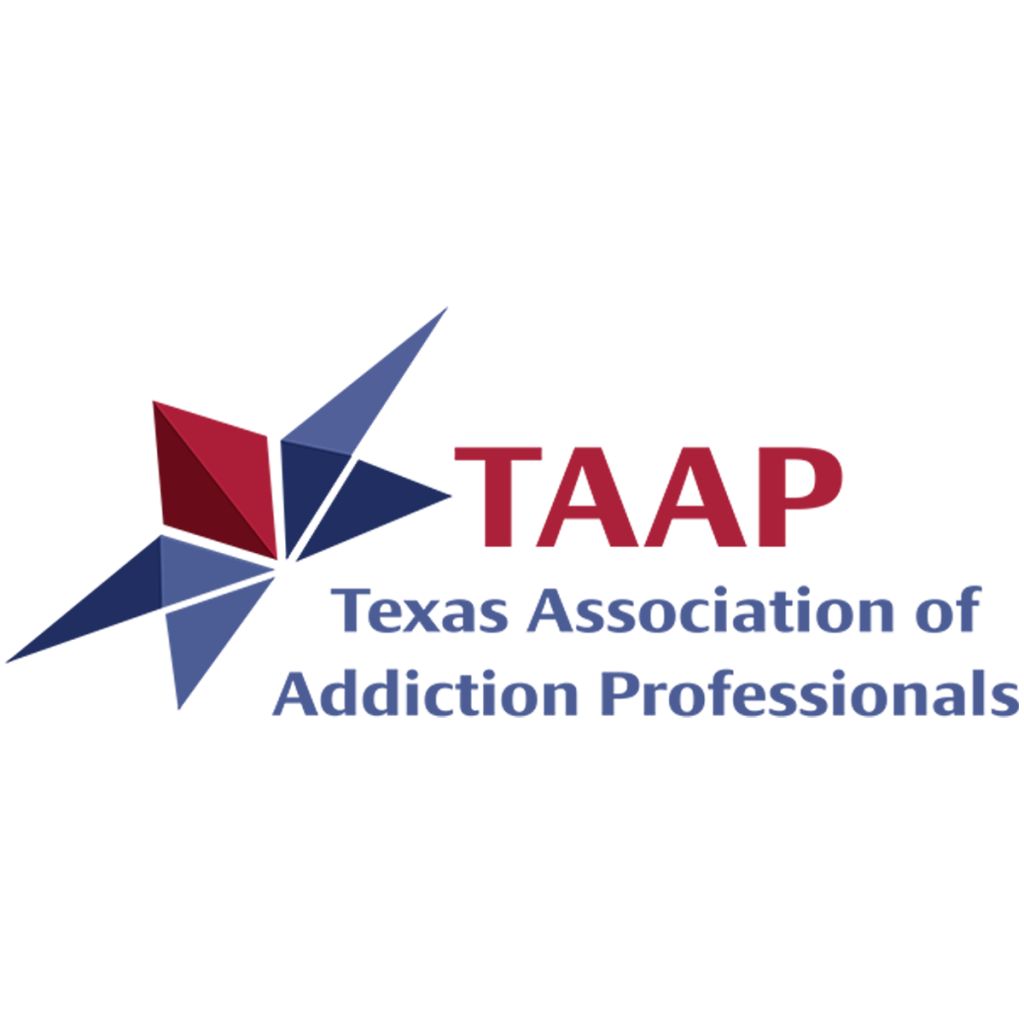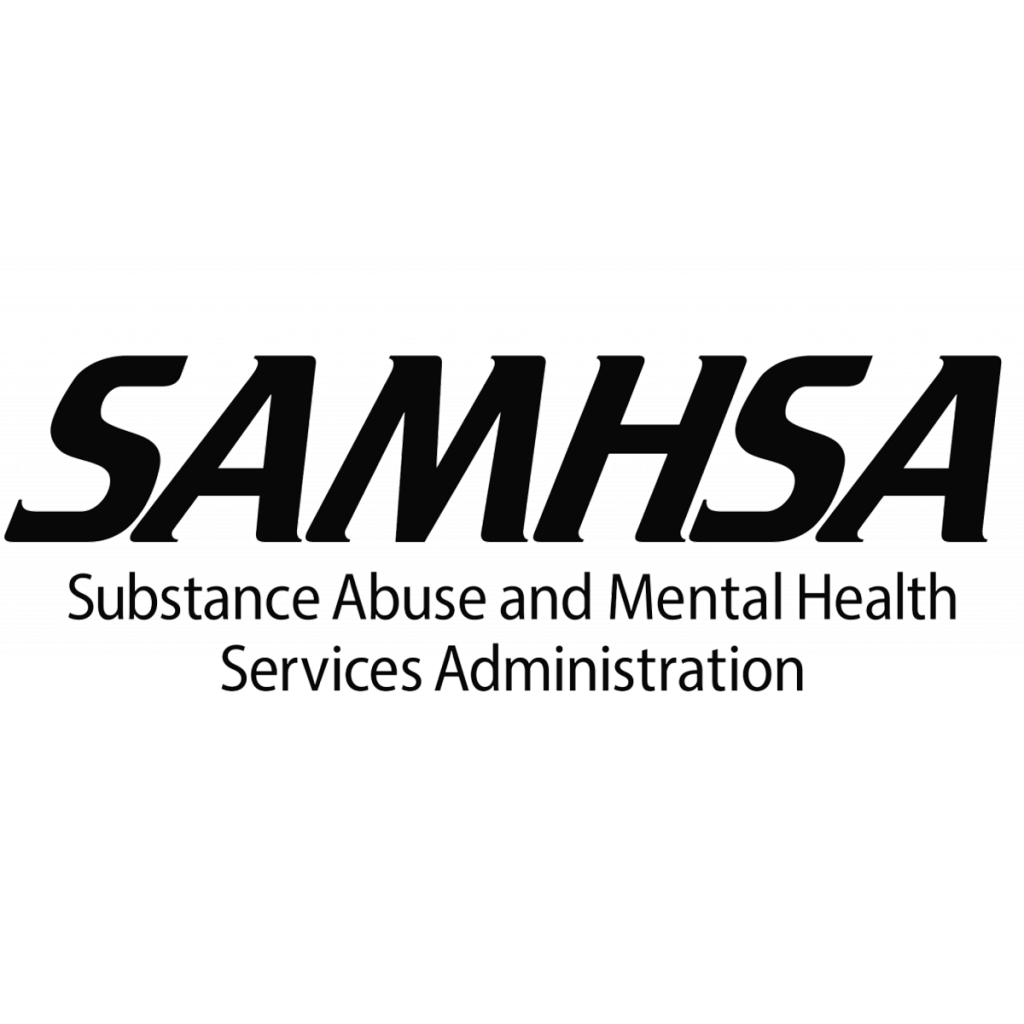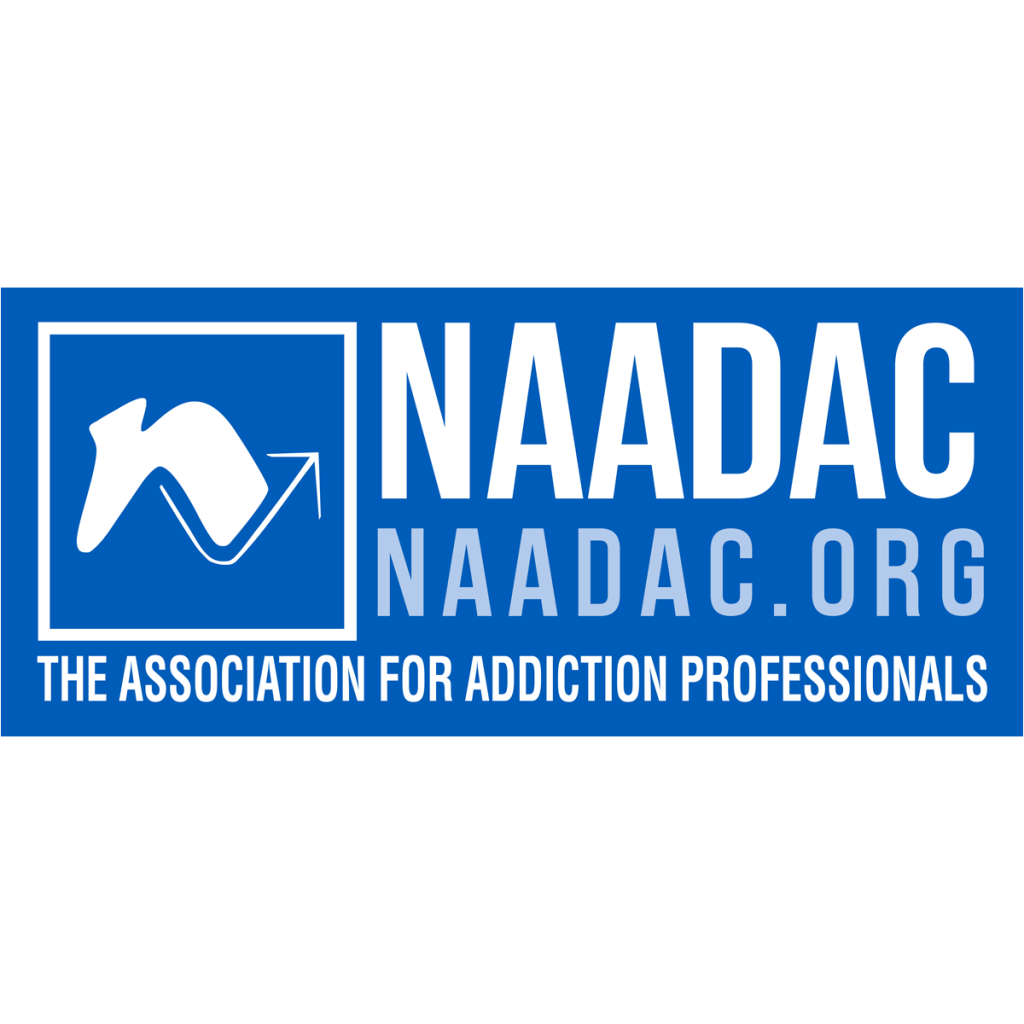DXM Addiction: Symptoms, Side Effects, and Treatment Options
GET HELP TODAY!
100% Confidentiality Guaranteed


Dextromethorphan (DXM) is a synthetic substance commonly found in over-the-counter cough and cold medications. While effective at treating symptoms like coughing and congestion when taken as directed, high doses can lead to serious side effects of dextromethorphan, including hallucinations and disassociation. As a result, DXM misuse has become a growing public health concern, especially among teens and young adults.
This medication is available in tablets, capsules, and liquid forms. Taken at recommended doses, it’s safe.
But dextromethorphan abuse—especially with alcohol or other prescription drugs—can be dangerous. High doses can lead to hallucinations, confusion, and serious health risks.
Some users report experiences similar to those produced by dissociative drugs like PCP or ketamine. As a recreational drug, DXM is often misused in social settings where access to illicit drugs is limited.
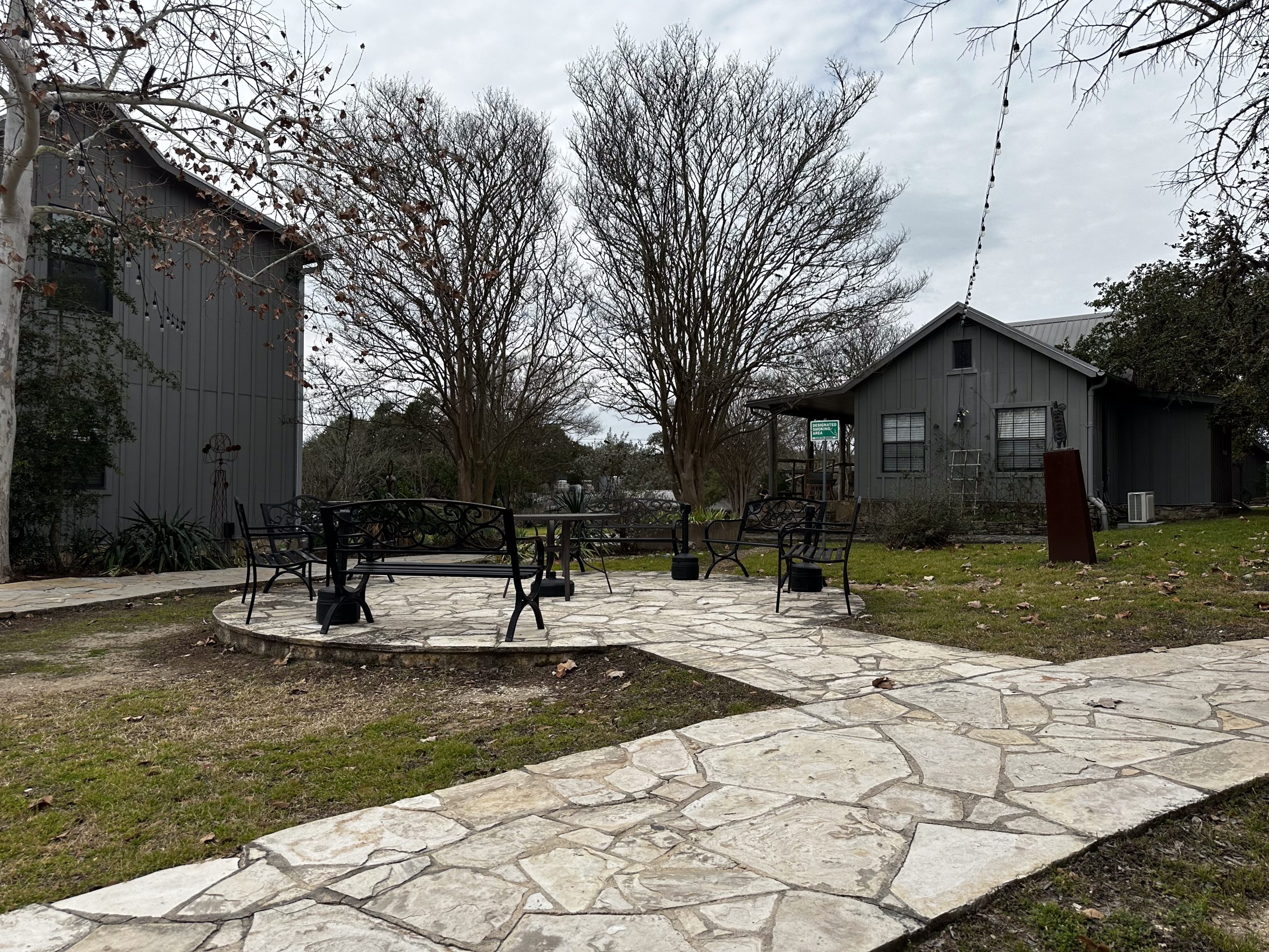

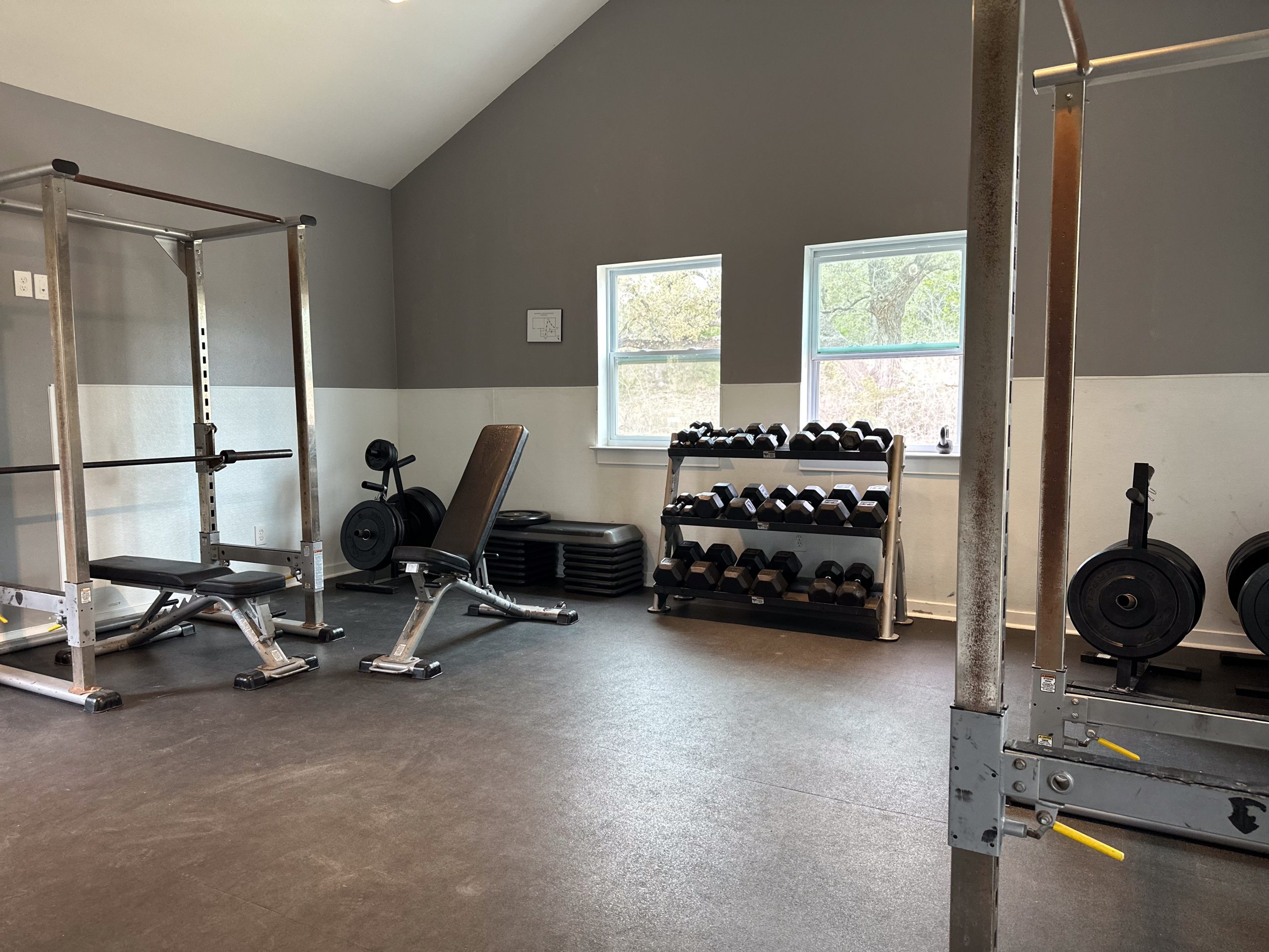



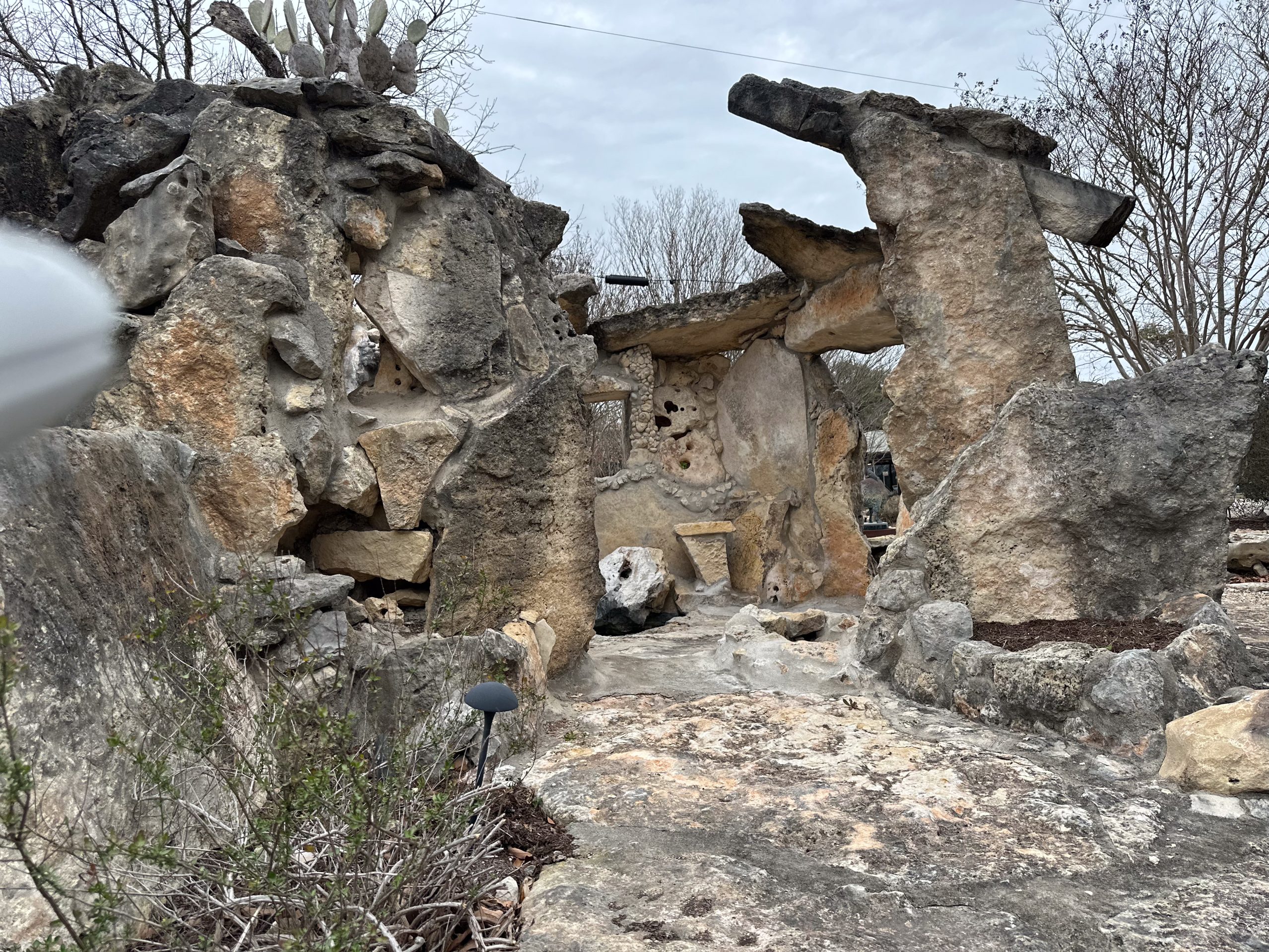



Many states, including Texas, have banned the sale of DXM to minors due to the increasing number of teens misusing it. As of 2019, 19 U.S. states have restricted access to products like NyQuil and Robitussin. Despite these restrictions, products containing DXM are still widely available, making education and prevention efforts essential.
Common DXM Brand Names
More than 120 products contain DXM. A few well-known examples include:
- NyQuil
- Robitussin CoughGels
- Delsym
- Children’s Robitussin Cough Long-Acting
- Sucrets Cough Relief DM
- Balminil DM
- Buckleys D
Street Names for DXM
Dex, Robo, Tussin, Red Devils, Poor Man’s Ecstasy, Velvet, and more.
More Time. More Joy. More You. Start Now.
WE ACCEPT MOST INSURANCES







Side Effects of DXM Abuse
The effects of DXM misuse vary depending on the dose and whether other substances are involved. Some people mix DXM with prescription medications, alcohol, or illicit drugs, which can result in severe complications. High doses may cause life-threatening symptoms like respiratory depression, seizures, or coma. Prolonged use can also lead to mental health issues, cognitive decline, and behavioral changes.
Symptoms of DXM abuse may include:
- Nausea
- Sweating
- Panic attacks
- Racing heart
- Confusion
- Loss of balance
- Slurred speech
- Sedation
- Disassociation
Long-term abuse can result in permanent changes in brain chemistry and behavior. People who mix DXM with alcohol or sedatives are at even greater risk for overdose, high blood pressure, and death.
Signs of Addiction and Risk Factors
Teens are especially at risk because of how easy it is to get DXM. According to the National Institute on Drug Abuse, about 3% of high school seniors admit to misusing cough medicine. Many teens perceive these medications as “safe” due to their legal status, not realizing the serious risks involved.
Warning signs of DXM addiction include:
- Buying large amounts of cough medicine
- Pulling away from friends and family members
- Needing higher doses to feel effects
- Feeling sick when not using
- Wanting to quit but being unable
Several higher risk factors increase the likelihood of DXM misuse, especially among young people. These include peer pressure, lack of supervision, and easy access to medications. Untreated mental health disorders such as anxiety or depression can also drive individuals to self-medicate. Additionally, environmental factors like community norms around drug use or exposure to drug addiction at home may further increase the risk.
Freedom Starts Here. Take Back Your Life Today.
Same-Day Admissions in Austin Available.
Detox and Withdrawal from DXM
Long-term recovery begins with detox. Withdrawal symptoms can include:
- Anxiety
- Depression
- Trouble sleeping
- Diarrhea
- Sweating
- Shaking
- Hallucinations
These symptoms can begin within hours of stopping use and may last several days. Cravings and mood swings often make quitting difficult without medical help. Medical detox helps people quit safely. Health care professionals monitor symptoms and offer support. A personalized treatment plan makes the process easier and safer. Professionals may also prescribe medications to reduce discomfort during detox.
During medical detox, a trained care team provides around-the-clock supervision and support. This type of care is especially important for those experiencing severe withdrawal from DXM, GHB, or other substances. Detox alone is not a cure, but it is the first essential step in the recovery process and long-term addiction treatment.
Treatment for DXM Addiction
An effective treatment plan includes a wide range of therapies tailored to each person’s needs. This often involves individual and group therapy sessions, where clients explore past trauma, build coping skills, and learn relapse prevention strategies. Many treatment centers also address mental health conditions like depression or PTSD that frequently co-occur with substance use disorders.
The most effective treatment options include:
- Cognitive Behavioral Therapy (CBT)
- Educational sessions
- 12-Step or similar programs
- Support groups
- Life coaching
Therapists work with clients to identify triggers, process emotional trauma, and build healthier coping strategies. Group sessions help individuals find connection and accountability, while family therapy can repair relationships and strengthen support systems at home.
According to the National Institute on Drug Abuse, addiction treatment should last at least 12 months to support sustained recovery.
Inpatient vs. Outpatient Rehab
Inpatient Rehab
- Stay at the rehab center full-time
- Follow a daily routine
- Attend group and individual therapy
- Engage in structured recovery activities
- Remove distractions and access to substances
Outpatient Rehab
- Live at home or in a sober living program
- Attend sessions on a set schedule
- Keep work or school responsibilities
- Practice new coping skills in real-life settings
- Maintain independence with accountability
The right level of care depends on the severity of addiction, mental health conditions, and home environment. Inpatient rehab may be better for those with co-occurring disorders, while outpatient care offers more flexibility.
Sober Living and Aftercare Support
Sober living programs offer residents the opportunity to rebuild their lives in a supportive, substance-free environment. These homes encourage independence while discouraging harmful behaviors such as drinking alcohol or using drugs. With structure, peer support, and personal accountability, sober living greatly improves one’s long-term recovery outcomes and quality of life.
Aftercare programs give ongoing support through weekly group meetings. They help people stay on track and avoid relapse with the help of healthcare professionals. Clients can continue to explore relapse prevention strategies, build relationships with others in recovery, and receive support during challenging life transitions. Some facilities also offer alumni programs, recovery coaching, and online support groups.
Cost of Treatment and Getting Help
The cost of DXM addiction treatment depends on the level of care needed. Options include:
- Health insurance
- HSA accounts
- Credit plans
- Employee Assistance Programs (EAP)
- Sliding scale fees for qualified individuals
- Payment plans or scholarships at some facilities
Many insurance providers cover detox, inpatient drug rehab, and aftercare services, but coverage details vary. It’s important to verify benefits and ask about payment options early in the admissions process. Most outpatient drug rehab treatment centers have financial counselors available to help you navigate the insurance process and find a solution that fits your budget.
Take the First Step
If you or someone you love is struggling with DXM abuse, help is available. Call (512) 605-2955 to speak with a recovery specialist today. Recovery is possible, and taking the first step can lead to a healthier, more fulfilling life.

Nova Recovery Center is a trusted drug and alcohol rehab facility offering personalized treatment programs across the United States. With a focus on long-term recovery, our evidence-based services include medical detox, inpatient rehab, outpatient programs, and sober living. Whether you’re seeking help for yourself or a loved one, Nova Recovery Center provides compassionate care and lasting support every step of the way.
